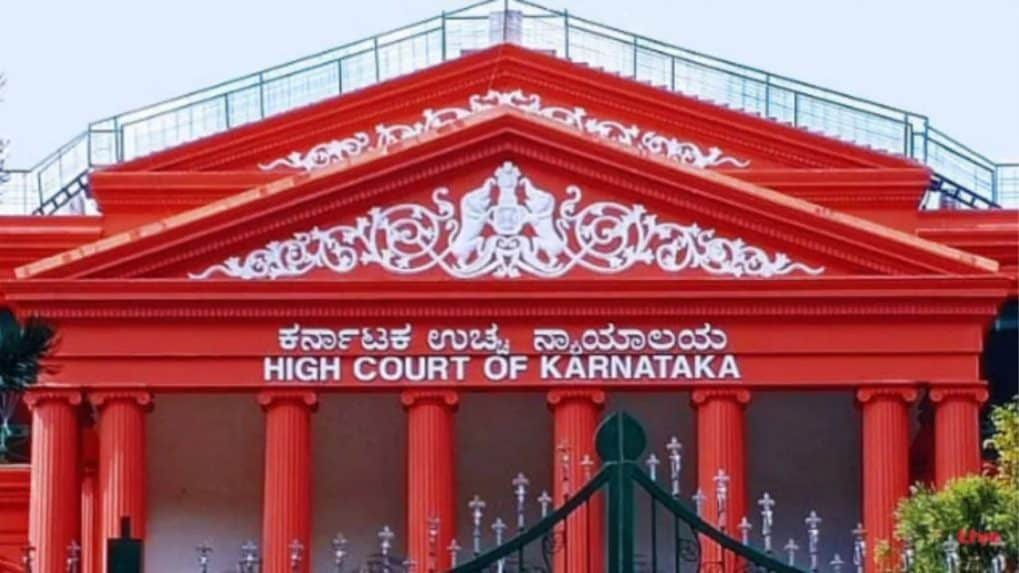Brand Makers
Dil Ka Jod Hai, Tootega Nahin

In the X Corp vs Union of India case, the Karnataka High Court dismissed X Corp’s petition against the Sahyog portal, upholding its validity and delivering a sharp warning against importing American free speech jurisprudence into Indian law. Justice N Nagaprasanna stated, “American jurisprudential thought cannot be transplanted into the soil of Indian constitutional law. This has been the clear law enunciated by the apex court since 1950. The judicial thought process has undergone a complete change in the realm of free speech even in the United States of America after Reno v. ACLU.”
He emphasised that Article 19(1)(a), which guarantees freedom of speech and expression, is hedged by reasonable restrictions under Article 19(2) and cannot be viewed in absolute terms. Moreover, Article 19 remains a charter of rights only for Indian citizens. “A petitioner who seeks sanctuary under its canopy must be a citizen of the nation; failing this, the protective embrace of Article 19 cannot be invoked,” the judge said.
On the validity of the Sahyog portal, the court observed that it was “an instrument of public truth conceived under the authority of Section 79(3B) of the IT Act and Rule 3D of the 2021 Rules. It stands as a beacon of cooperation between the citizen and the intermediary, a mechanism through which the State endeavours to combat the growing menace of cybercrime. To assail its validity is to misunderstand its purpose; hence the challenge is without merit.”
The court also clarified that precedents like Shreya Singhal could not simply be overlaid onto the present dispute. “The judgment in Shreya Singhal, predicated inter alia upon Reno, cannot by judicial alchemy be transposed into the present controversy… The 2021 Rules, fresh in their conception and distinct in their design, demand their own interpretative frame, unsaddled by precedents that addressed a bygone regime.”
Justice Nagaprasanna declared: “Social media, as a modern amphitheatre of ideas, cannot be left in a state of anarchic freedom.” Warning of the dangers of unchecked online speech, he added: “Unregulated speech under the guise of liberty becomes a licence for lawlessness. Regulated speech, by contrast, preserves both liberty and order—the twin pillars upon which democracy must stand.”
The judgment underscored that “no social media platform in the modern-day agora may claim exemption from the rigor or discipline of the laws of the land.” Justice Nagaprasanna stressed that regulation was especially crucial in cases of offences against women, since failing to act would undermine citizens’ dignity and the foundations of democracy.
The court also criticised X Corp’s double standards: while the company complies with takedown orders in the United States under the Take-It-Down Act, it resisted similar obligations in India. On this, the judge was blunt: “This is unacceptable.”
Concluding the case, Justice Nagaprasanna held, “For all these reasons, the petition lacks merit and stands rejected. The applications of the intervenors, for the same reasons, also stand rejected.”
Senior advocate KG Raghavan represented X Corp, while senior advocate Aditya Sondhi appeared for Digipub, the consortium of digital news portals that was permitted to intervene.
The Karnataka High Court’s order is likely to be challenged in the Supreme Court, setting the stage for a wider constitutional battle over social media regulation in India.
"The raucous, almost deafening, cuss words from the heartland that Piyush Pandey used with gay abandon turned things upside down in the old world order."
Read MoreFrom OpenAI’s ChatGPT-powered Atlas to Microsoft’s Copilot-enabled Edge, a new generation of AI-first browsers is transforming how people search, surf and interact online — and reshaping the future of digital advertising.